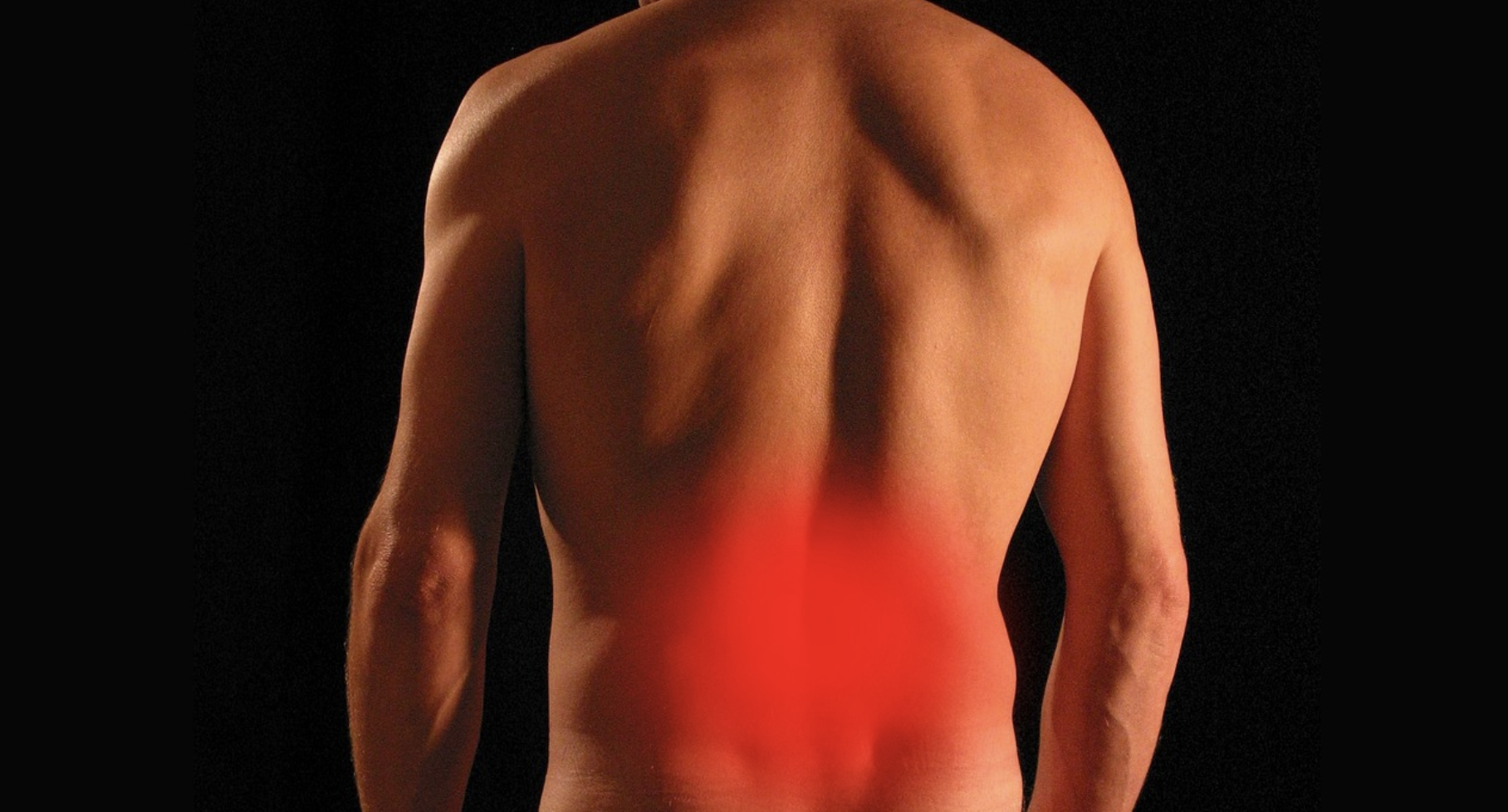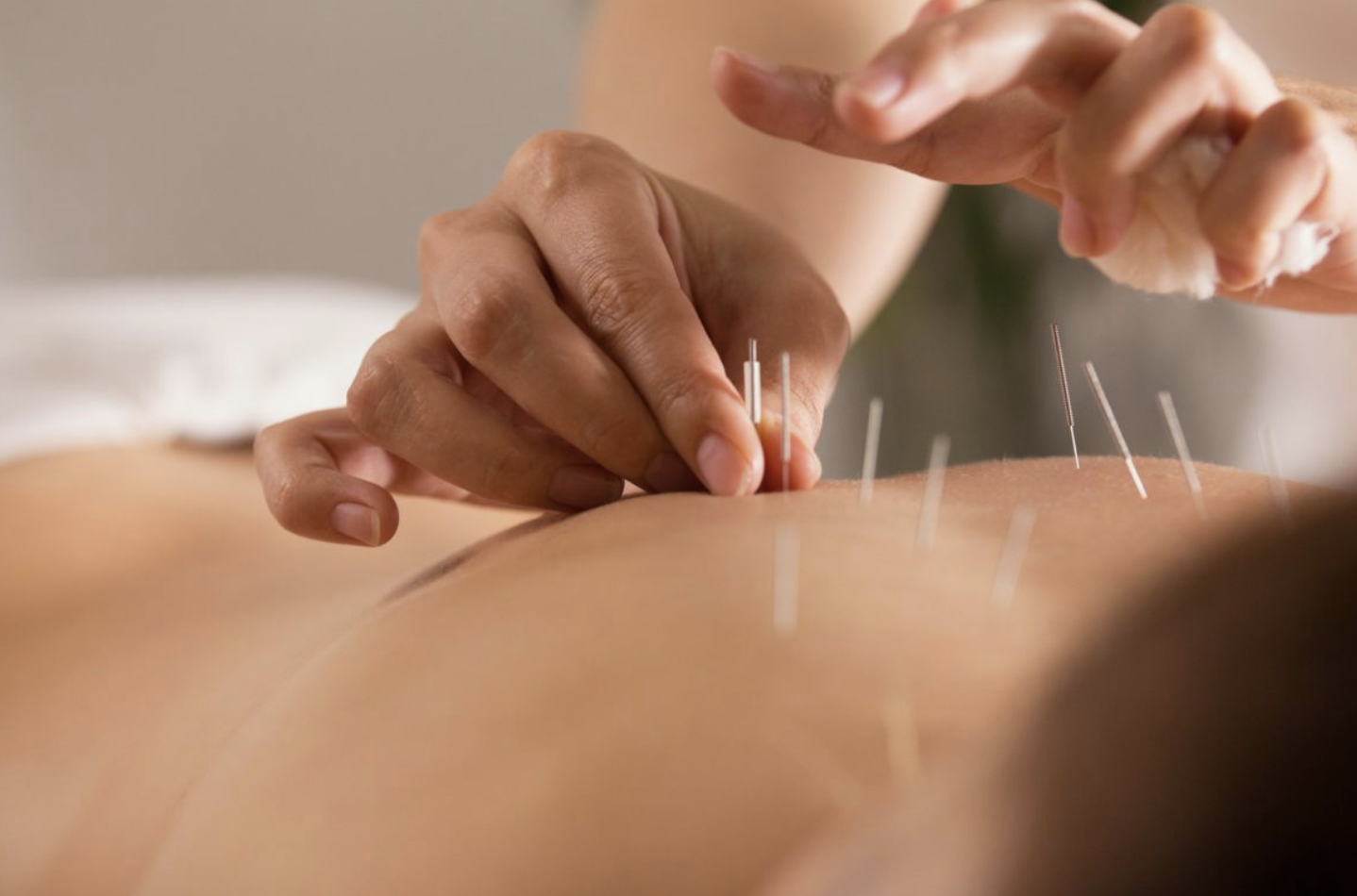5 clear signs you need physiotherapy for back pain.
Most people, it seems, are no strangers to back pain. Back pain, effects 80% of people at some point. Many of these issues are related to acute injuries such as road accidents, sports accidents, or workplace injuries caused by improper lifting or posture. Most people will wait until their back pain subsides, however back pain can develop into a chronic issue and may not heal on its own. Knowing when to see a physiotherapist regarding your back pain, is an important part in your recovery.
This is why we have provided you with 5 clear signs, you need physiotherapy for your back pain:
- You’re not moving as easily as you used to.
If your movement has been restricted due to back pain, a physiotherapist can assess your problem, provide a diagnosis and get you started with treatment straight away to improve your pain, resolve the issue and prevent the pain from returning.
- Radiating pain, tingling or numbness
If you are experiencing any tingling or numbness in your arms or legs, this may be indicative of a neurological issue. A Physiotherapist can detect what might be causing this through a specialised and detailed assessment, thus deciding on a treatment plan which will work best for you.
- Back pain lasting longer than a week or two.
Everyone will experience back pain which may subside over a short period of time. However, if your back pain has been bothering you for over a week with no sign of improvement, you may need to get this appropriately assessed and diagnosed by a physiotherapist.
- Back pain keeping you awake at night
If your back pain is preventing or disturbing your sleep, then seeing a physiotherapist is highly recommended to allow them to assess and decide on the underlying issue of what is causing your night pain.
- When your back pain is preventing you from completing tasks normally
When you are avoiding tasks such as lifting heavy objects or even attending the gym, in fear it will worsen your symptoms, it’s time to see a physiotherapist to get you back to normal life again.
If you are suffering from back pain and want to relieve your symptoms, then give us a call on 0161 8333 008 or via www.totalrestore.co.uk and make an appointment with one of our Physiotherapists. We are located in Manchester city centre in the Royal Exchange Building just off St Ann’s Square.


